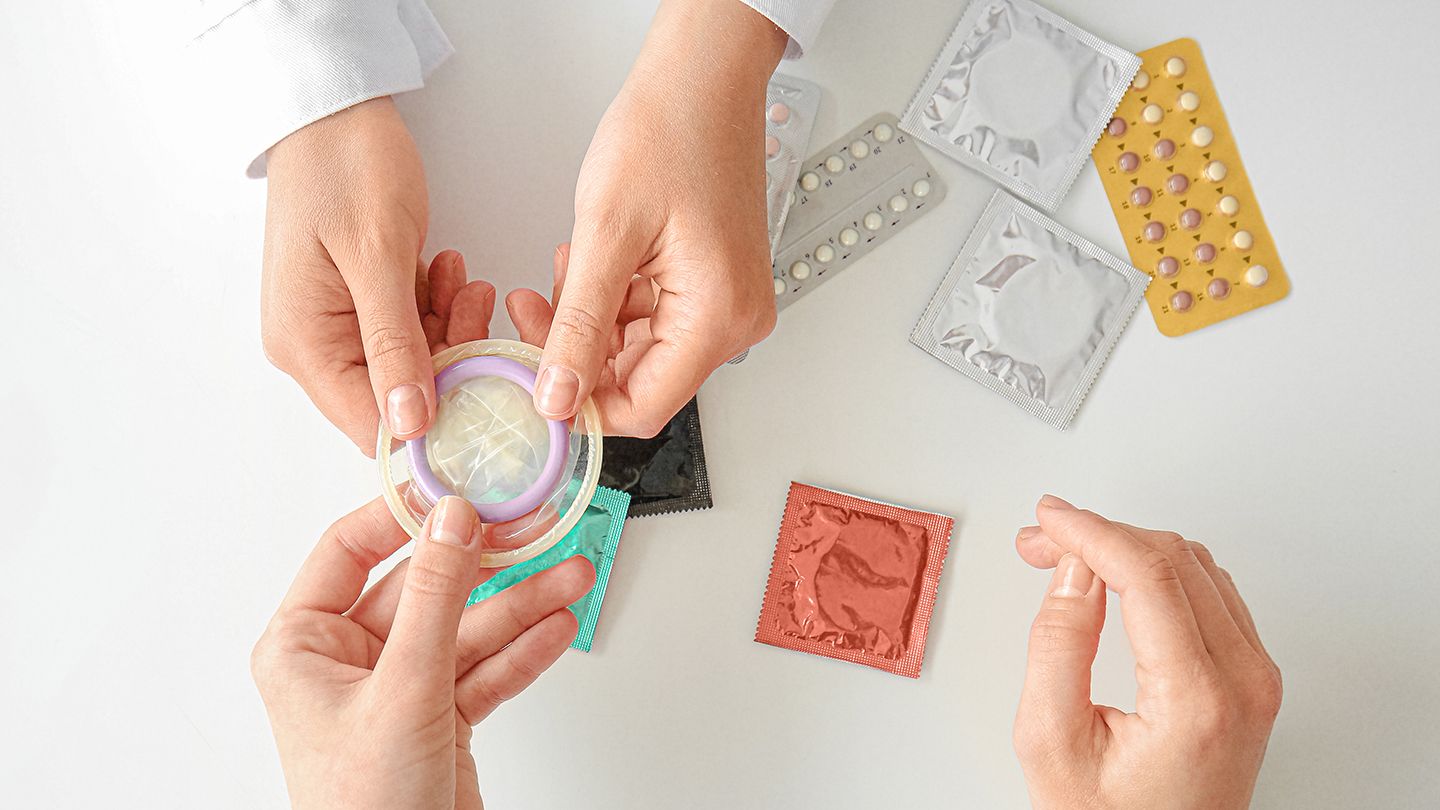It is a well established fact that any woman who indulges in sex with a man, risks the possibility of getting pregnant. However, not everyone wants to get pregnant so in order to prevent such accidents, you must adopt one of the many forms of birth control.
What to know about birth control
Although abstinence is the practice best known to 100% prevent pregnancy, there are various means you could employ which that could yield substantial results. Such measures are what are termed birth control practices.
They involve both nonhormonal and hormonal methods. Hormonal methods are those that are known to prevent ovulation (the release of an egg), make it more difficult for sperm to gain entry into the uterus or prevent a fertilized egg from getting implanted into the uterus.
Non-hormonal methods involve the creation of physical barriers between the sperm and the egg. Most frequent methods used are those that lead to permanent contraception and therefore requires surgical procedures like sterilization, tubal litigation for women and vasectomy for men.
How effective is birth control?
The effectiveness of birth control methods vary from person to person. How best a birth control function depends on the lifestyle and genetics of the individual adopting it. It is also based on perfect use — meaning the method must be used consistently and correctly every single time.
Birth control pills
Birth control pills comes in two forms: it could be combination pills that contain both estrogen and progestin, or pills containing only progestin. The pills work by preventing ovulation – ensuring there is no egg for sperm to fertilize. They also cause the thickening of the cervical mucus so sperm cannot travel to an egg.
Combined and progestin-only birth control pills are labeled as 99 percent effective birth control pills and so if they are taken every day as directed, a typical effective results shall be observed.
Aside the effectiveness of the pills, side effects like nausea, changed menstrual cycle and weight gain can be observed.
You should not take the pills if you have blood clotting disorder, migraine, breast cancer and a history of deep vein thrombosis.
The Shot, Depo, or Depo-Provera
An injection of medroxyprogesterone (Depo-Provera) which is also called the birth control shot can prevent pregnancy for three months. The injection contains a dosage of progestin which prevents ovulation, and can also thicken your cervical mucus to prevent sperm from fertilizing the egg.
Typically, the shots are given by health professionals every quarter, but in rare cases, you may be allowed to give the shots by yourself at the comfort of your home. Injectables are more than 99 percent effective when they are administered perfectly with no breach of standard protocols.
Vaginal Ring
Vaginal ring contains both progestin and estrogen just like the combination birth control pills and it involves a woman wearing a small ring in her vagina. This then release hormones that work to prevent ovulation and pregnancy.
The vaginal ring exists as two types of rings: ethinyl estradiol and etonogestrel (NuvaRing) and ethinyl estradiol and segesterone (Annovera). For NuvaRing, they can last for up to five weeks and hence must be changed after a month of usage.
Annovera ring on the other hand lasts for one year, but you must put it in your vagina for three weeks, then take it out for one week every month, around a time you typically have your period.
Barrier Method Option: Cervical Cap
Cervical cap entails using a smaller silicone cup and inserting it deep into your vagina to cover the cervix. The cap prevents sperm from reaching an egg. It could be used coupled with a spermicide and this increases its effectiveness.
Cervical caps are sold in pharmacies, drugstores, and health centers, which you would need a prescription from a health professional before purchasing.
Barrier Method Option: Male Condoms
Male condom is worn with the aim of it behaving like a sheath over the penis during sex in order to prevent pregnancy by stopping sperm from getting into the vagina. Male condoms are primary for avoidance of pregnancy and not prevention of sexually transmitted infections. Although , aside avoidance of pregnancy, they can be used to reduce the transmission of STIs.
They are made of latex, but some are made of plastics like polyurethane, polyisoprene, and nitrile, an easier option for people who are allergic to latex.
Permanent Methods of Contraception: Tubal Ligation and Vasectomy
Sterilization or tubal ligation is a better way to permanently prevent pregnancy in women. This birth control regime requires a surgical procedure to seal off the fallopian tubes so that an egg can never reach a sperm and be fertilized.
For men, vasectomy which is a simple surgery, blocks off the small tubes in the scrotum so that men cannot give birth permanently. You must however note that permanent sterilization methods do not protect you against sexually transmitted infections hence, condoms are still necessary to reduce the chances of contracting an STI.
Other birth control methods
- Family planning and natural approaches to birth control which generally involve a woman taking note of the most fertile days of her menstrual cycle and avoiding sex during these days.
- Internal condoms which are soft plastic pouches you put inside your vagina or anus before you have sex.
- Emergency contraception like progestin (levonorgestrel) pills.
